Table of Contents
Sewage Treatment:
Source: Wastewater Treatment primarily deals with human waste and household wastewater, including toilet, bath, and kitchen water.
Process: It involves multiple stages like primary (physical), secondary (biological), and sometimes tertiary treatment to remove contaminants.
End Product: The goal is to produce water that can be safely discharged into rivers or used for irrigation, and solids (sludge) that might be further treated or disposed of.
Good reads are meant to be shared
Effluent Treatment:
Source: Effluent water treatment focuses on wastewater from industrial processes, which can contain chemicals, heavy metals, or other pollutants specific to the industry.
Process: This treatment often requires specialized methods to deal with the specific pollutants present in the effluent, which might include chemical treatment, advanced filtration, or biological processes tailored to the effluent’s composition.
End Product: The aim is to clean the water sufficiently for safe discharge or sometimes for reuse within the industry, minimizing environmental impact.
When discussing waste management, understanding the distinction between sewage vs effluent treatments is essential. Both are crucial but serve different roles in water purification processes. Sewage treatment focuses on removing contaminants from wastewater, ensuring it is safe for release or reuse, while effluent treatment specifically deals with industrial discharge, addressing pollutants unique to manufacturing processes.
Key Differences:
Nature of Waste: Sewage is predominantly organic and domestic, while effluent can be varied, including chemicals from industrial activities.
Treatment Goals: Wastewater Treatment might focus more on biological breakdown, whereas effluent treatment often deals with chemical contaminants.
Systems: Small community wastewater treatment systems might be more geared towards sewage, while industries might invest in effluent water treatment plants tailored to their specific waste.
Overlap:
Effluent Wastewater Treatment: Some facilities might treat both, especially if industries are located in or near residential areas, requiring a hybrid approach.
FAQs:
Q1: Can effluent water treatment be used for sewage?
A: While possible, it’s tailored for industrial waste; sewage usually needs a broader range of treatments.
Q2: What happens to the solids after effluent water treatment?
A: Solids are often treated separately, sometimes used for energy recovery, or disposed in landfills.
Q3: Are small community wastewater treatment systems only for sewage?
A: Primarily, but they can be adapted if there’s industrial effluent within the community.
Q4: How do regulations affect sewage vs effluent treatment?
A: Regulations specify discharge standards, which differ based on the nature of the waste (sewage or industrial effluent).
Q5: Can treated effluent be reused?
A: Yes, if treatment is adequate, it can be reused for non-potable purposes like irrigation or industrial cooling.

Good reads are meant to be shared




